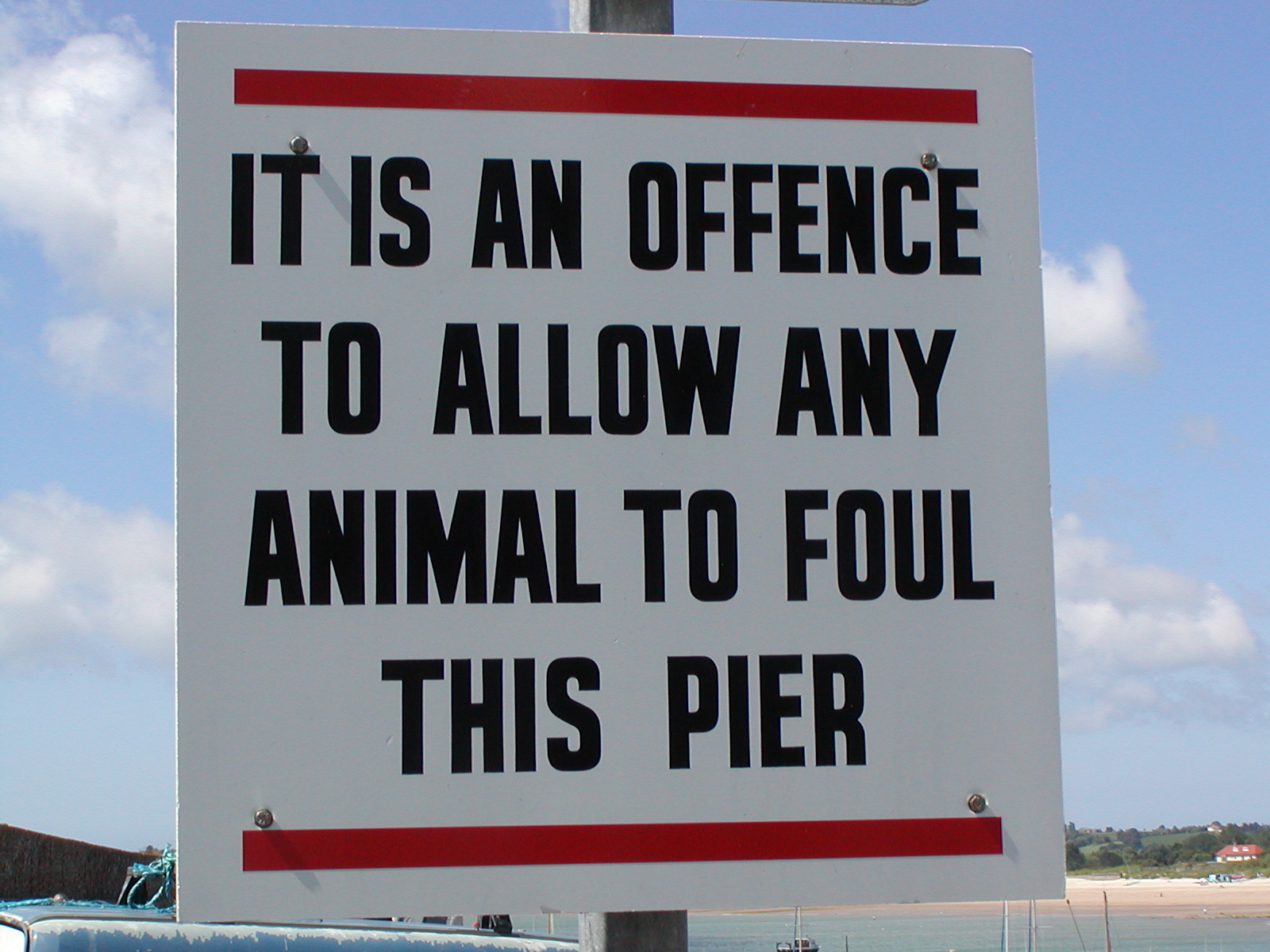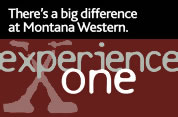|
Honors Program: A pathway to excellence.
HON 301 Clash of World Views & Social Conflict
How Does the Clash of World Views Contribute to the Nature of Social Conflict?
Recurring debates in society abound, many of which never seem to reach a sense of resolution. For instance, 150 years after Darwin, the debate over the teaching of evolution versus creationism in public schools remains a hotly contested issue. Clashes over energy policy, sex education, human stem cell research, global climate change, the preservation of nature versus development, and a host of other issues seem to ebb and flow in the social dialog almost as dependably as our yearly battle with the flu.
This seminar-style class will use an issues analysis approach to examine the extent to which people's basic world views may play a central role in the tendency for groups to choose sides and square off over various types of issues. Attitudes such as anti-intellectualism, a distrust of science, conspiracy theories, belief in religious authority, antigovernment attitudes, self-absorption, anti-political, apolitical, and/or general apathy among members of the public may, in some cases, provide fertile ground for the cultivation of social conflicts of various kinds.
After participating in an instructor-led example of how an issues analysis process is performed, students will form small research teams, choose a focal issue and pursue an independent research project aimed at analyzing that issue. Each team will present their issue analysis to the class in an interactive manner that will involve all class members in a seminar-style discussion and/or debate. As a final outcome of their work, each team will produce a research-based, issue analysis paper that will be revised, through multiple drafts, into a polished final product.
I intend this honors course to be very open-ended and student directed, in terms of the issues they choose to explore. In the first week will use some all-class reading assignments as well as a few video documentaries (such as the Dover case) to introduce the issues analysis concept, showing how one might dissect a controversy, identifying its various players, their positions, beliefs, etc. in order to better understand the dynamics of what is taking place. Each team will be in charge of developing similar issues analyses on their topics. An element of common reading in preparation for each presentation should be a standard activity throughout the course.
_____________________________________
Instructor: Dr. Jack Kirkley
Substitutions:
ENVS 329 Natural Resource Issues,
PHL 241 History and Philosophy of Science
Time: Fall 2010, Block 2, mornings
|

 << back
next>>
<< back
next>>

